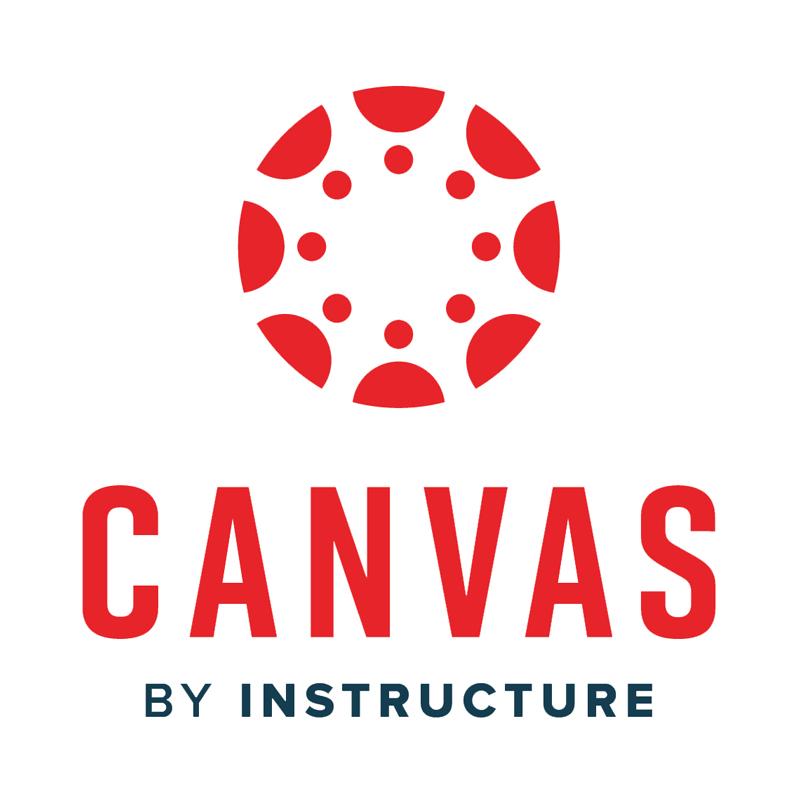
How Oxford Saïd Online combines cutting-edge technology and global accessibility

As online and hybrid learning rise in popularity, institutions’ digital infrastructure requirements are becoming more refined but also more complex.
“Oxford Saïd Online allows our staff to develop and deliver online programmes for global learners and leaders,” said Jyotveer Singh Gill, associate director of web development and education technology at the University of Oxford’s Saïd Business School, during a discussion held in partnership with Instructure at THE Campus Live UK&IE 2023. Stephan Fortier, regional director for the UK and Ireland at Instructure, joined Gill on the panel to discuss the shifting online education landscape and the impact it may have on accessibility.
“The goal is to develop programmes to support global learners and leaders to respond to modern business challenges, which is why we went live with courses like ESG [environmental, social and governance] and sustainable finance strategy, blockchain strategy, cybersecurity for business leaders and our Oxford fintech programme. All of these courses are developed in the Canvas virtual learning environment, supported by Instructure,” said Gill.
The online programme portfolio that makes up Oxford Saïd Online is set for expansion, including more courses, products and applications that could benefit society. “Much of this expansion is about tackling global challenges and emerging issues that affect industries around the world,” said Gill.
The lead-up to the launch of Oxford Saïd Online was characterised by an emphasis on technology. This meant building applications that allowed individuals to self-enrol, register, pay for and access the relevant courses. Many of these solutions were built to a strict timeframe and required multiple interconnected applications to deliver a seamless end-to-end user experience.
Another challenge was meeting student expectations. “With Canvas as the core teaching and learning tool underpinning Oxford Saïd Online, it was important that learners could go to a single place for a seamless experience,” Fortier said. “When you’re thinking in global terms, this becomes even more important.”
Instructure is experiencing increased interest from universities aiming to diversify and reach new segments of learners. “Along the spectrum of alternative forms of education, a lot of the conversations we’re having focus on scalability and flexibility,” Fortier said. “With Oxford Saïd Online, this is wrapped up in a seamless customer journey.”
Fortier added that not every institution would find it easy to offer a consistent student experience because of the number of different applications they use. Integrating the tools needed to make a project successful depends on the openness of the edtech platform being used and the structure that underpins it.
“In addition to lifelong learning, digital credentialing and skill development are other trends we are seeing in the higher education space,” Fortier said. “Working with corporate partners is another. This is creating a lot of opportunities for institutions to work collaboratively.”
By incorporating these new higher education trends into its programme, Oxford Saïd Online is reshaping the landscape of global education. It is improving accessibility to world-class business education through an evolving array of courses designed to meet the needs of learners across the globe. “Our proposition is clear,” said Gill. “We want to transform individuals, who transform businesses, which ultimately transform society.” Connecting people through technology is key – at the course level and beyond, he concluded.
The panel:
- Stephen Fortier, regional director for the UK and Ireland, Instructure
- Jyotveer Singh Gill, associate director of web development and education technology at Saïd Business School, University of Oxford
- Alistair Lawrence, head of branded content, Times Higher Education (chair)
Find out more about Canvas by Instructure.

